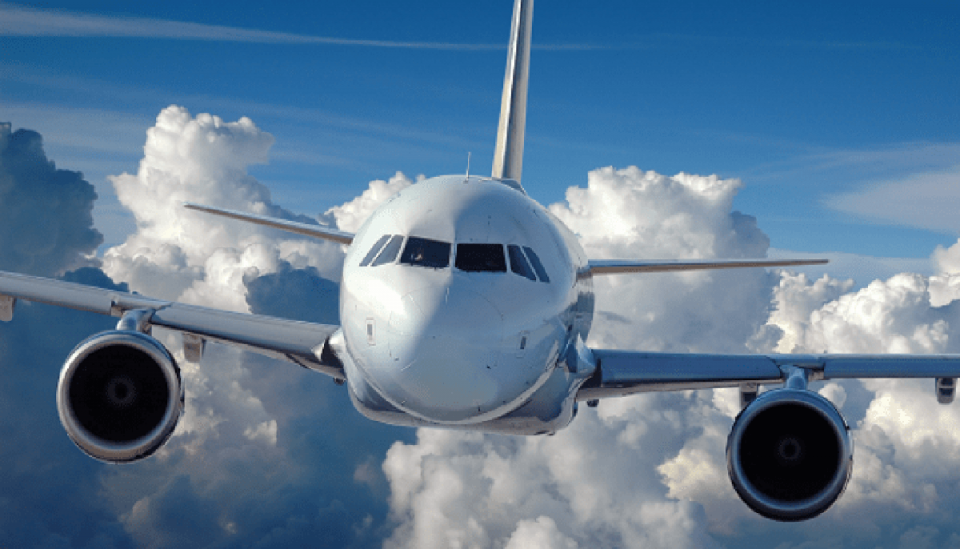Airlines have prevailed on governments globally to review mandatory COVID-19 test requirements for vaccinated passengers to ease the burden of cost and lift artificial barriers to air connectivity.
The airlines, under the aegis of International Air Transport Association (IATA), said scientific evidence no longer supports the safety objectives of pre-departure COVID-19 tests for all travellers. Same for blanket quarantine, self-isolation at destinations, coupled with travel bans in some parts of the world.
Findings showed that in Nigeria and few others, the COVID-19 racketeering has assumed a revenue-driven motive for the government and private sector operators rather than for public health purposes.
The implication is severe on the travelling public that pays an average of N200, 000 for four sessions of COVID-19 testing, per trip.
Currently, a return-trip overseas requires four sessions of polymerase chain reaction (PCR) tests. At the rate of N50, 000 per test in Lagos, a traveller will spend additional N200, 000 on the trip.
Travel expert at Dart Travels and Tour, Yinka Ladipo, said there are many customers that are discouraged by the COVID-19 test-induced hike in air fares.
IATA noted that the cost of COVID-19 test on family travel is even more severe. Based on average ticket prices of $200 for domestic travel and average low-end PCR testing ($90) twice each way, a journey for four that would have cost $1,600 pre-COVID could nearly double to $3,040—with $1440 being testing costs.
IATA, in partnership with Airlines for America (A4A) and 28 U.S. and international aviation and travel and tourism stakeholder groups, therefore, urged the U.S. government and others to remove the pre-departure testing requirement for fully vaccinated air travellers flying to the United States.
The airlines argued that the vaccinated traveller population adds no additional risks to the domestic U.S. population, especially. Increased immunity levels, the pervasiveness of COVID-19 in all 50 U.S. states, rising vaccination rates and new therapeutics, all point to removing the testing requirement for fully vaccinated travellers.
IATA’s Director-General, Willie Walsh, said the experience of Omicron made it clear that travel restrictions have little to no impact in terms of preventing its spread.
“Moreover, as Omicron is already broadly present across the U.S., fully vaccinated travellers bring no extra risk to the local population. International travellers should face no additional screening requirements than what is applied to domestic travel.
“In fact, at this stage of the pandemic, travel should be managed in the same way as access to shopping malls, restaurants or offices,” Walsh said.
Indeed, more than 74.3 million people – meaning at least 22 per cent of the U.S. population –have had COVID-19, and that is almost certainly an undercount owing to asymptomatic infections and limited testing early in the pandemic. When combined with an adult population that is 74 per cent fully vaccinated, it is clear that the U.S. is developing very high levels of population immunity.
The organisations also noted that the European Union (EU) has recommended that its member states remove COVID-19 travel restrictions for travel within the EU, and the United Kingdom has announced the removal of COVID-19 pre-departure testing for vaccinated air travellers to enter the country. The UK concluded that the cost to both passengers and airlines of the testing mandate could no longer be justified, as there was no evidence the regime protected the population from COVID-19.
Recent research by Oxera and Edge Health in Italy, Finland, and the UK all support the conclusion that travel measures do little to control the spread of COVID-19 when it is already broadly present in the local population.
The studies found that, if implemented at a very early stage, travel restrictions may at best delay the peak of a new wave by a few days and marginally reduce the number of cases.
Furthermore, IATA’s most recent air traveler survey showed that 62 per cent of respondents support removing a testing requirement for those who are fully vaccinated.
“Removing the pre-departure testing requirement for fully vaccinated travellers will greatly support the recovery of travel and aviation in the U.S. and globally without increasing the spread of COVID-19 and its variants in the U.S. population. There is no use in closing the barn door after the horse has bolted,” Walsh said.
Travel consultant, Sunday Olumegbon, yesterday noted that raising the cost of any product will significantly stifle demand.
“We have seen that impact globally, not only in Nigeria. The impact is greatest for short-haul trips (up to 1,100 km), with average fares of $105, the tests will cost more than the flight. That’s not what you want to propose to travellers as we emerge from this crisis.
“Testing costs must be better managed and already due for review. That’s critical if governments want to save tourism and transport jobs; avoid limiting travel freedoms to the wealthy,” Olumegbon said.




